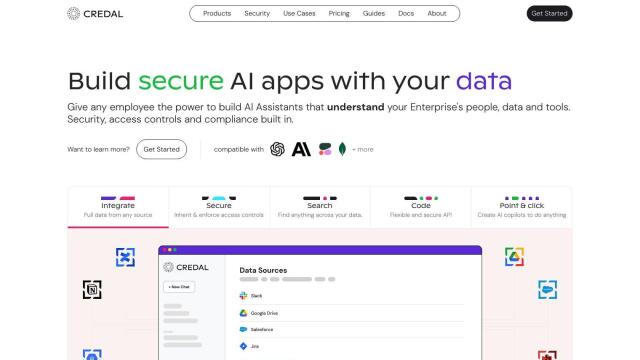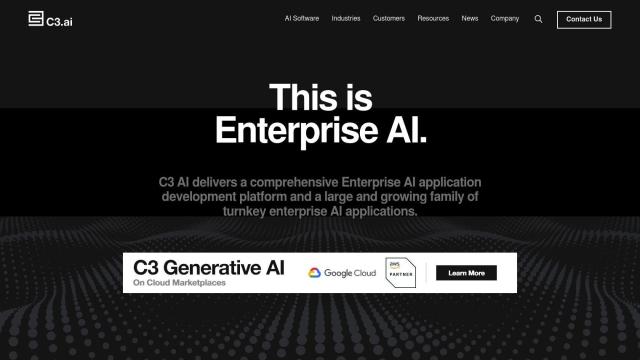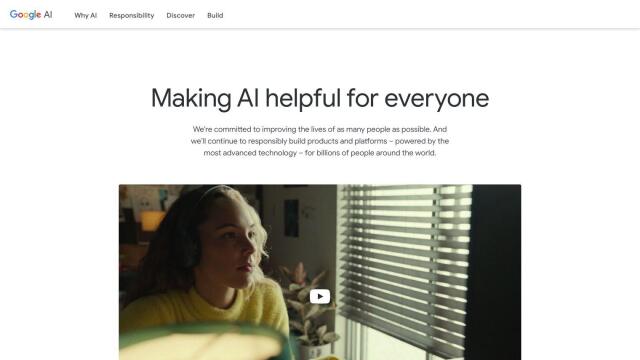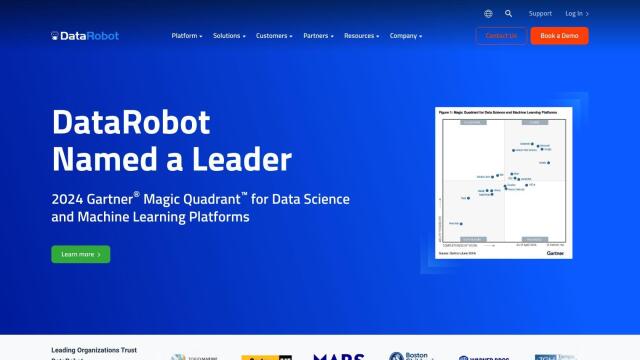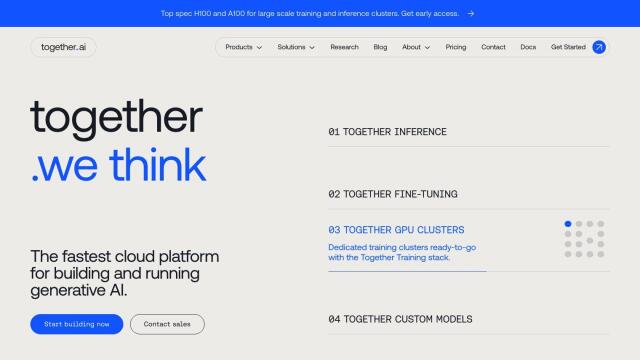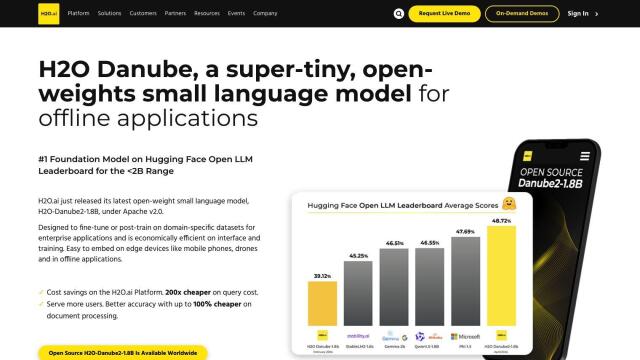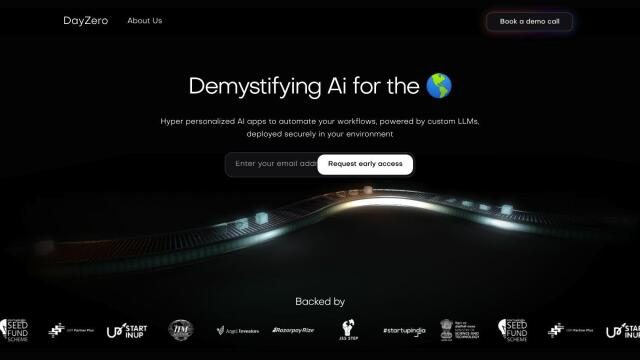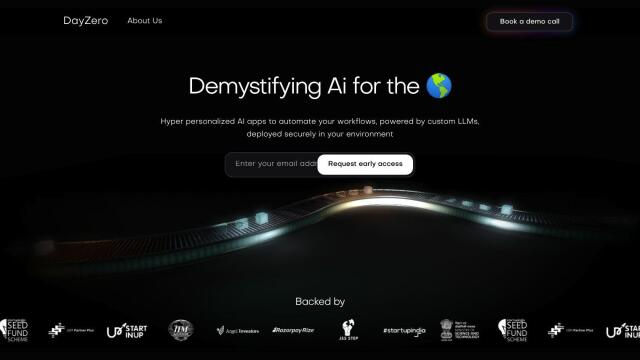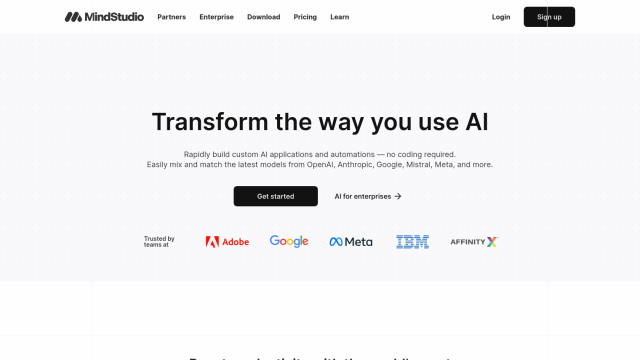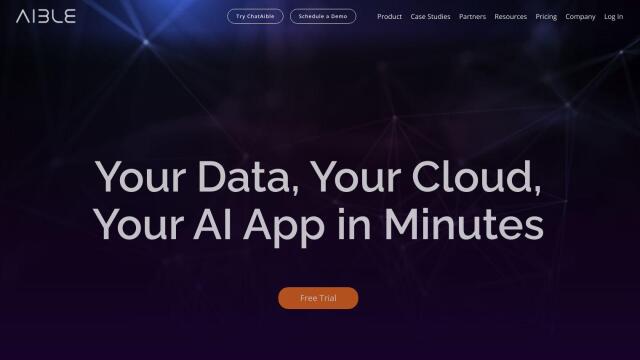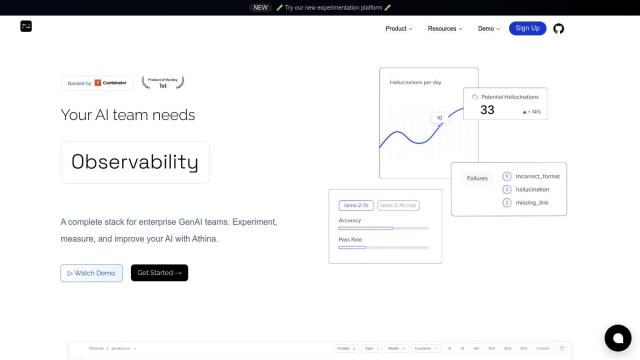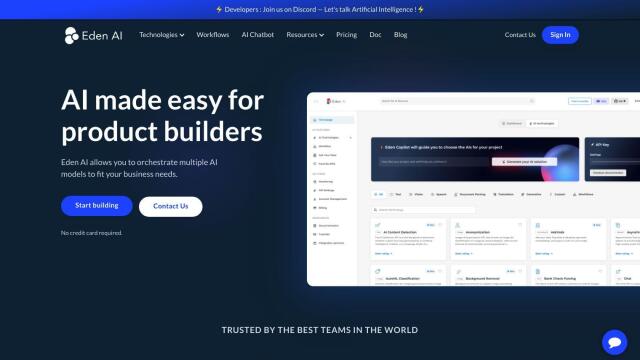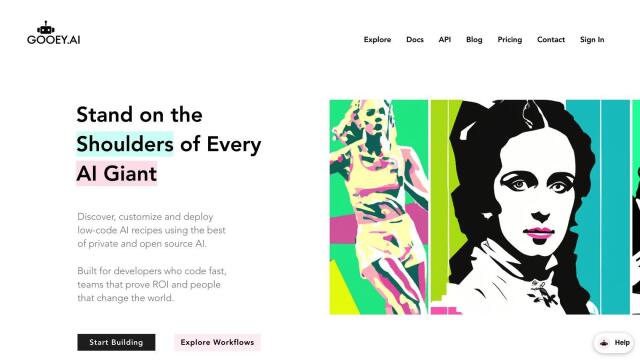Question: Is there a platform that provides a secure and extensible foundation for building custom AI models and integrating with various tools and services?


Anyscale
If you want a foundation for building your own AI models and integrating with other tools and services, Anyscale is a good option. It can run a variety of AI models, including LLMs and generative AI. It's got features like workload scheduling, cloud flexibility, automated instance management and the ability to fractionally use GPUs and CPUs for efficient use of computing resources. Anyscale also has native integrations with popular IDEs and a free tier with flexible pricing, so it's good for small projects and big enterprises.

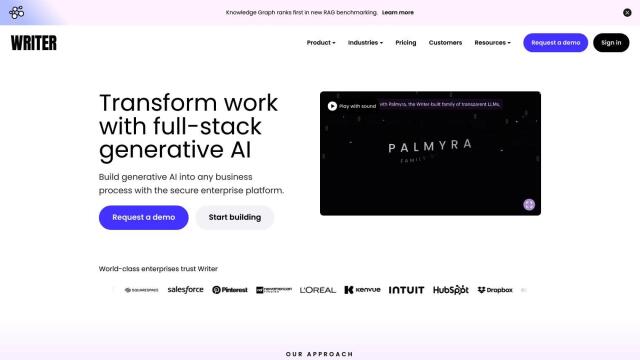
Writer
Another powerful option is Writer, a full-stack generative AI platform for secure and scalable AI integration into business workflows. It comes with tools like Palmyra LLMs, Knowledge Graph, AI Guardrails and AI Studio. Writer can be deployed as multi-tenant or single-tenant and offers skilled LLMs, transparent code and data, and data privacy, making it a more affordable alternative to other platforms.


Abacus.AI
Abacus.AI is another option. It lets developers build and run applied AI agents and systems at scale, incorporating generative AI and other neural network techniques. The platform offers features like ChatLLM for end-to-end RAG systems, AI Agents for more complex workflows and a range of predictive and analytical capabilities. Abacus.AI is designed for high availability, governance and compliance, so it's a good option for automating complex tasks and optimizing business operations.

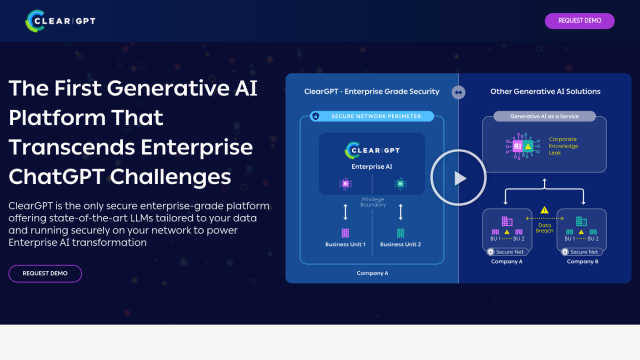
ClearGPT
If security and data governance are a priority, ClearGPT is an enterprise-grade platform that uses generative AI and LLMs like ChatGPT. It offers features like role-based access control, data governance for privacy, and a human reinforcement feedback loop. ClearGPT protects data and IP by running on a private network, so it's a good option for internal enterprise use.



